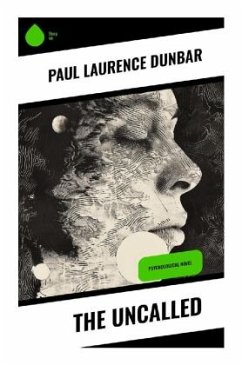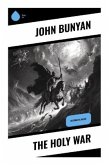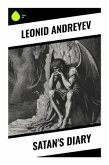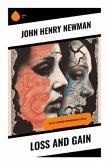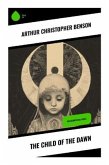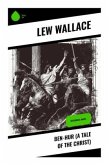In "The Uncalled," Paul Laurence Dunbar masterfully weaves a poignant narrative that explores themes of love, loss, and societal rejection within the African American experience of the early 20th century. The novella's literary style is characterized by its rich symbolism and lyrical prose, seamlessly blending elements of realism with romanticism. Set against the backdrop of post-Civil War America, Dunbar's work provides profound insight into the complexities of identity and aspiration, ultimately reflecting the broader struggles faced by marginalized communities in a rapidly changing society. Dunbar, an acclaimed poet and novelist, was one of the first African American writers to gain national recognition for his work, often addressing the dualities of African American life and the influence of race on personal relationships. His own experiences with racial prejudice and social injustice deeply informed his writing, imbuing "The Uncalled" with an authenticity and emotional depththat resonates with readers. As a contemporary of the Harlem Renaissance, Dunbar's work laid the groundwork for future generations of African American literature, offering a voice to the voiceless. I highly recommend "The Uncalled" to readers interested in exploring the nuanced realities of African American life in the early 1900s. Dunbar's eloquent prose and the depth of character development invite introspection and empathy, making it an essential read for anyone seeking to understand the historical context of racial identity and emotional turmoil. This novella not only highlights Dunbar's prowess as a writer but also extends a timeless message about the enduring human spirit.
Bitte wählen Sie Ihr Anliegen aus.
Rechnungen
Retourenschein anfordern
Bestellstatus
Storno

